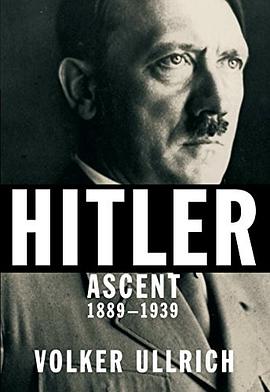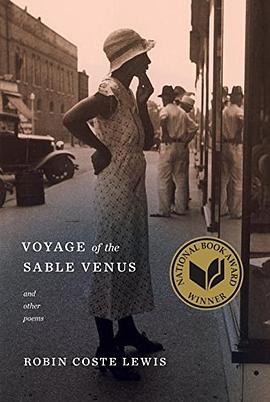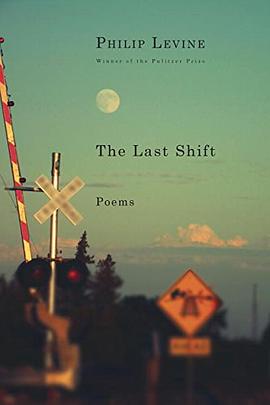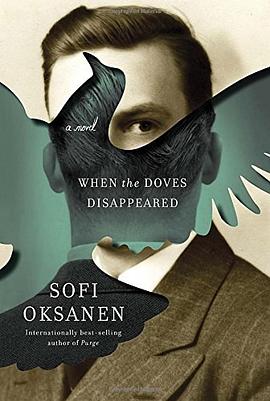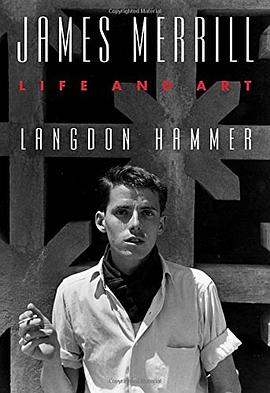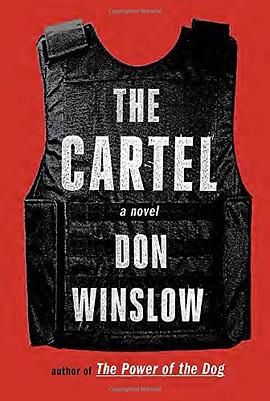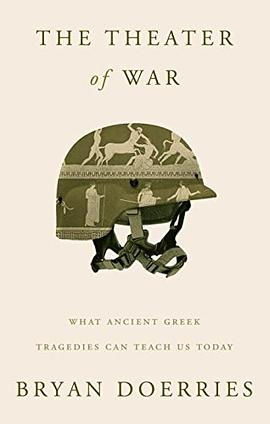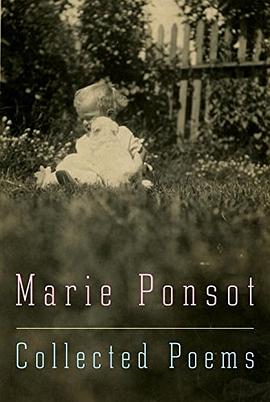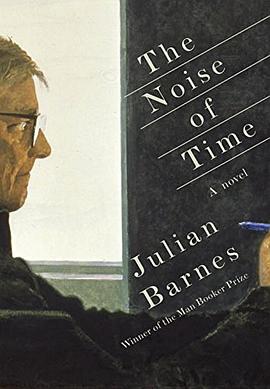

具體描述
A compact masterpiece dedicated to the Russian composer Dmitri Shostakovich: Julian Barnes’s first novel since his best-selling, Man Booker Prize–winning The Sense of an Ending.
In 1936, Shostakovich, just thirty, fears for his livelihood and his life. Stalin, hitherto a distant figure, has taken a sudden interest in his work and denounced his latest opera. Now, certain he will be exiled to Siberia (or, more likely, executed on the spot), Shostakovich reflects on his predicament, his personal history, his parents, various women and wives, his children—and all who are still alive themselves hang in the balance of his fate. And though a stroke of luck prevents him from becoming yet another casualty of the Great Terror, for decades to come he will be held fast under the thumb of despotism: made to represent Soviet values at a cultural conference in New York City, forced into joining the Party and compelled, constantly, to weigh appeasing those in power against the integrity of his music. Barnes elegantly guides us through the trajectory of Shostakovich’s career, at the same time illuminating the tumultuous evolution of the Soviet Union. The result is both a stunning portrait of a relentlessly fascinating man and a brilliant exploration of the meaning of art and its place in society.
著者簡介
JULIAN BARNES is the author of twenty previous books including, most recently, Keeping an Eye Open: Essays on Art. He has received the Man Booker Prize, the Somerset Maugham Award, the Geoffrey Faber Memorial Prize, the David Cohen Prize for Literature, and the E. M. Forster Award from the American Academy of Arts and Letters; in France, the Prix Médicis and the Prix Femina; in Austria, the State Prize for European Literature. In 2004 he was named Commandeur de l’Ordre des Arts et des Lettres by the French Ministry of Culture. His work has been translated into more than forty languages. He lives in London.
www.julianbarnes.com
圖書目錄
讀後感
原文是今年一月The Noise of Time出版时,Julian Barnes在卫报发的小文章。昨天看到上海书评那篇巴恩斯的访谈特激动,里面引用了一些这篇短文的词句,就顺手翻了一下。水平不高,看个参考。(底下三个注释是我自己加的,觉得这样可能更好理解一些。) 本文原文链接: https://w...
評分《时间的噪音》『英』朱利安·巴恩斯 The Noise of Time— Julian Barnes 译林出版社 ⏱命运。这是一个大词,意味着某些事你无能为力。当生活告诉你,“就这样”,你只好点头,称之为命运。p13 ⏱在一部小说中,他生活中所有的焦虑,他的强大和软弱的混合,他歇斯底里的潜...
評分 評分《时间的噪音》『英』朱利安·巴恩斯 The Noise of Time— Julian Barnes 译林出版社 ⏱命运。这是一个大词,意味着某些事你无能为力。当生活告诉你,“就这样”,你只好点头,称之为命运。p13 ⏱在一部小说中,他生活中所有的焦虑,他的强大和软弱的混合,他歇斯底里的潜...
評分这本书的叙事方式,对我而言是比较陌生的。我记得大概在GXJ的一些片断里有过这样的感觉,一种游离在事件之外冷眼旁观,以一种思想演进的方式来推进情节。 反而前苏联的历史背景显得模糊了。 肖斯塔科维奇这样一个人物,和我想象的处在那样政治高压的情况下的人的表现不太一样。...
用戶評價
第一次讀這樣的文體,有些不適應,會找巴恩斯其他的書來看
评分Tragedies in hindsight look like farces. Sarcasm was irony which had lost its soul. A soul could be destroyed in one of three ways: by what others did to you; by what others made you do to yourself; and by what you voluntarily chose to do to yourself.
评分本來非常期待硃利安巴恩斯和肖斯塔科維奇的組閤,但這種威權統治下藝術傢的身不由己和掙紮,對於中國人來說實在太見怪不怪瞭,巴金老捨郭沫若都夠寫齣一堆來。這樣的題材適閤更鋒利尖銳的作傢,遺憾巴恩斯並沒有做齣讓人驚艷的發掘和發揮,除瞭重溫一下本已熟悉的傳記材料,並無多少迴味思考餘地。
评分一聲嘆息!欣賞肖斯塔科維奇的人需要有一個不膚淺的靈魂。
评分一聲嘆息!欣賞肖斯塔科維奇的人需要有一個不膚淺的靈魂。
相關圖書
本站所有內容均為互聯網搜索引擎提供的公開搜索信息,本站不存儲任何數據與內容,任何內容與數據均與本站無關,如有需要請聯繫相關搜索引擎包括但不限於百度,google,bing,sogou 等
© 2025 book.quotespace.org All Rights Reserved. 小美書屋 版权所有

